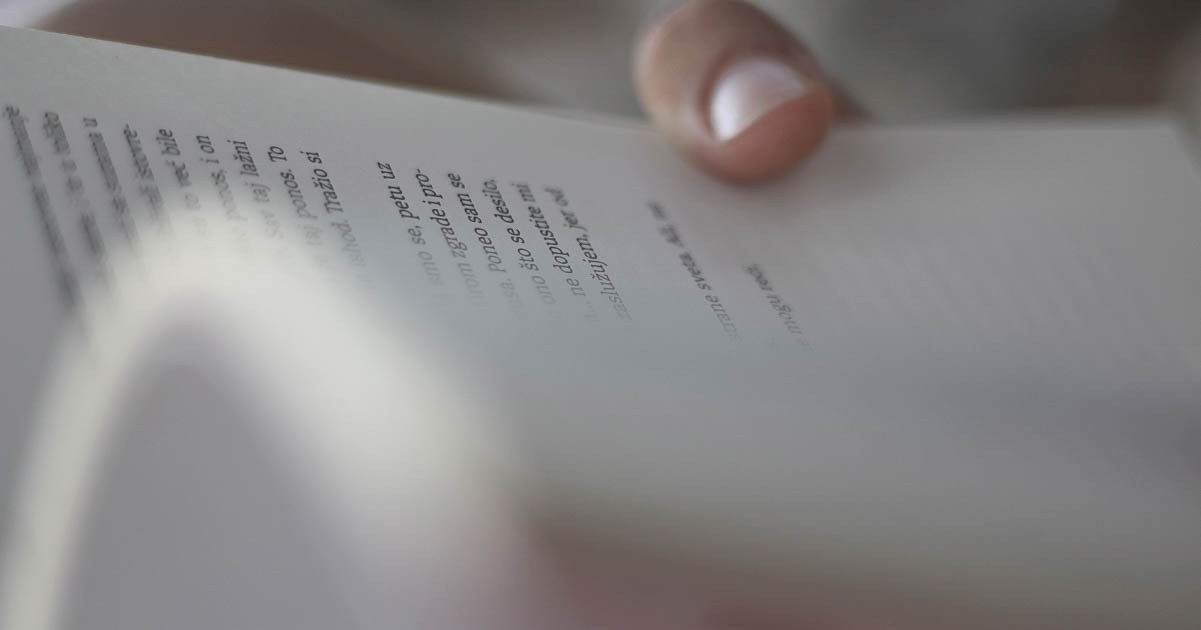
What Is the Subjunctive in English?
The subjunctive is a verb form or “mood” type that typically refers to wishes, demands, proposals, and hypothetical situations (i.e., something that might or could happen). In this post, we will explain what a mood is, and how and when to use the subjunctive mood, especially in UK and US dialects.
What Is a Mood?
A mood is the form a verb takes to show the writer’s attitude toward the subject. English has three moods – the indicative, the imperative, and the subjunctive:
- The indicative mood is for stating facts and opinions.
- The imperative mood is for giving orders and instructions.
- The subjunctive mood is for expressing wishes, demands, proposals, and hypothetical situations.
Tenses explicitly mention the past, present, or future. The subjunctive is a mood, and not a tense, because wishes and hypothetical situations aren’t things that have happened or that will happen.
How Do We Use the Subjunctive Mood?
It isn’t as tricky as it sounds! Let’s look at some examples of when we use it.
1. Suggesting something (using “that”)
This usually uses a verb or noun of suggestion (advise, desire, prefer, recommend, insist) with the conjunction “that.” For example:
Doctors recommend that we eat a healthy, balanced diet.
I insist that you do your homework.
In the above examples, everything, including and following “that,” is a subjunctive clause.
2. Wishing for something
Although hoping and wishing are similar concepts, we only use the subjunctive with “wish,” as wishing for something is less likely to happen than hoping for something. For example:
I wish I were with you at the party.
I hope that I can see them later.
3. Hypothetical situations
Most hypothetical sentences begin with dependent clauses that use the subjunctive mood. For example:
If I won the lottery, I would buy a new car.
He acts as if he owns the place.
I don’t know if I can go to work tomorrow.
4. Demanding something
The subjunctive mood appears in phrases in which the request is mandatory rather than polite. For example:
I demand that you return home right now.
5. Dependent clauses
The subjunctive is typically used in sentences with two or more clauses. One clause is often dependent, while the other is indicative. For example:
If you were to ask me out, I’d say yes.
6. Expressing regret
Often, we may talk about the negative circumstances of our present situation due to past actions. For example:
I’d be at the party by now if I’d left earlier.
7. Asking something
For possible scenarios, we would use the subjunctive to ask whether someone would do something if we were to do something else. For example:
If we stopped for food, would you want anything?
8. Introducing ideas
This is usually displayed in the present tense. For example:
Our lawyers propose that the company is in trouble.
While most of these examples include conjunctions (e.g., if), the subjunctive can still be grammatically correct without them. For example:
Should you need help, give me a call.
Using the Subjunctive in UK and US Dialects
Generally, the subjunctive is more common in British than in American English. However, British English tends to use it in more formal written contexts, and when used, it often uses the subjunctive with the modal verb “should.” For example:
We recommend that students should proofread their work.
Becoming a Proofreader
Make grammar less tense by joining the Becoming a Proofreader course. Sign up for a free trial today to find out more.



Leave a Comment
Your email address will not be published.